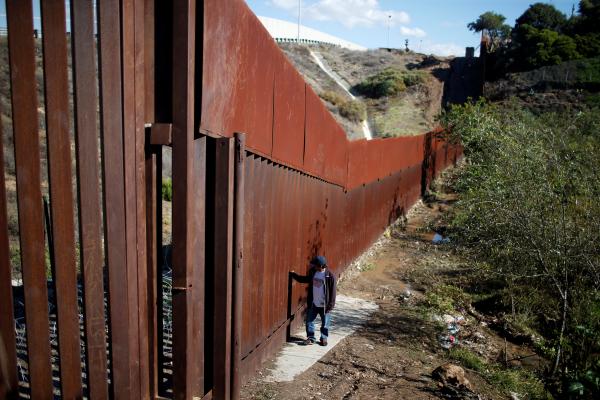Dec 13, 2018
This Saturday, Dec. 15, I will be joining a group of 400 people of faith in San Diego and Tijuana as we take part in a religious observance called Las Posadas, which will enable us to transcend the politics of fear regarding our broken immigration system. I will be accompanied by a Sojourners team that will document the events and speak to families directly affected by the United States’ cruel immigration policies on both sides of the U.S.-Mexico border.
Read the Full Article

Already a subscriber? Login
